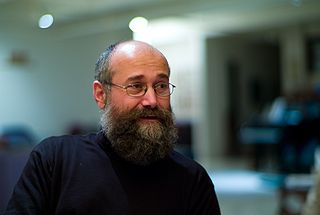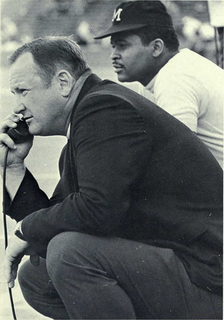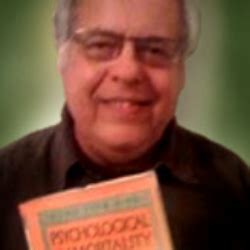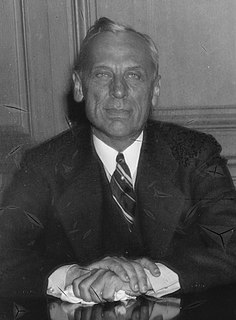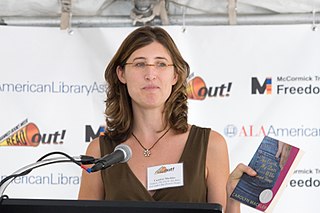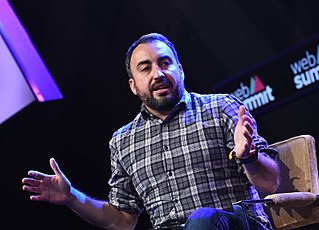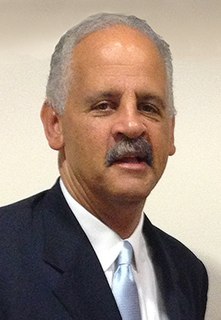A Quote by Yochai Benkler
Next time you open the paper, and you see an intellectual property decision, a telecoms decision, it's not about something small and technical. It is about the future of the freedom to be as social beings with each other, and the way information, knowledge and culture will be produced.
Related Quotes
Every decision you make - every decision - is not a decision about what to do. It's a decision about Who You Are. When you see this, when you understand it, everything changes. You begin to see life in a new way. All events, occurrences, and situations turn into opportunities to do what you came here to do.
No one "discovers" the future. The future is not a discovery. The future is not a destiny. The future is a decision, an intervention. Do nothing and we drift fatalistically into a future not driven by technology alone, but by other people's need, greed, and creed. The future is not some dim and distant region out there in time. The future is a reality that is coming to pass with each passing day, with each passing decision.
When we see the world through our thoughts, we stop experiencing life as it really is and others as they really are. When I have a thought about you, that’s something I’ve created. I’ve turned you into an idea. In a certain sense, if I have an idea about you that I believe, I’ve degraded you. I’ve made you into something very small. This is the way of human beings, this is what we do to each other.
Studies of decision-making in the monkey, where activity of single neurons in parietal cortex is recorded, you can see a lot about the time-accuracy trade-off in the monkey's decision, and you can see from the neuron's activity at what point in his accumulation of evidence he makes his decision to make a particular movement.
I have made decisions that turned out to be wrong, and went back and did it another way, and still took less time than many who procrastinated over the original decision. Your brain is capable of handling 140, 000 million bits of information in one second, and if you take hours or days or weeks to reach a vital decision, you are short-circuiting your most valuable property.
Too many companies are reluctant to share technical information about threats with each other, and most open platforms and tools don't see widespread adoption. As a result, lots of us are reinventing the wheel and solving the same problems without realizing that our neighbors have already built great solutions.
It is said that history turns on small hinges. A human career, too, results from an accumulating series of decisions about large and small matters over a period of years. But the catch is that you can never know when a seemingly small decision may prove to be, from the vantage of later years, the big decision of your life.
Freedom is about a way of thinking. Freedom is about understanding that you can do anything that you want and freedom is about being able to take information and education and make it relevant to your own growth every single day. Freedom is not staying in the box. Freedom is not doing what other people want you to do.
